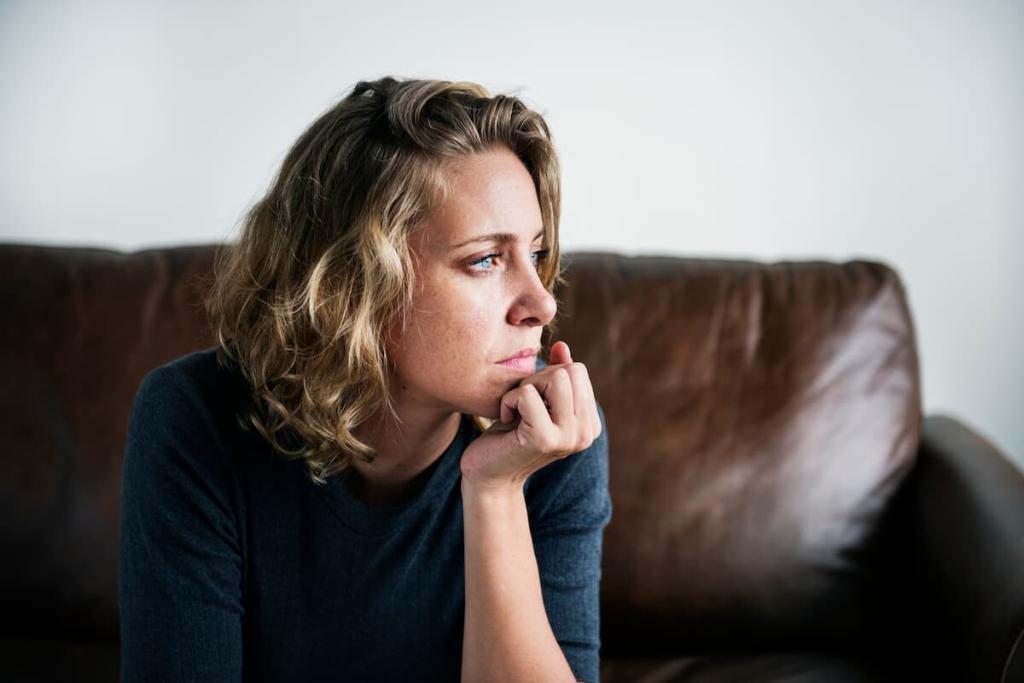While it’s easy to express medical bills and property damage in monetary terms, it can be hard to prove and justify non-economic damages. Here’s how an attorney can help.
You’re generally entitled to compensation after suffering injuries due to someone else’s negligence. This compensation usually helps cover medical expenses, lost wages, pain and suffering, incapacitation, and inability to return to work.
However, while it’s easy to express medical bills and property damage in monetary terms, it can be hard to prove and justify non-economic damages. Let’s discuss how an experienced attorney can help put a financial value on your non-economic damages and the types of evidence that can help prove it.

What are Non-Economic Damages?
Non-economic damages are financial awards given to injury victims for their pain and suffering. Other non-economic damages include emotional distress, physical impairment, deformities, inconvenience, and disruption to your usual way of life.
Unlike economic damages, non-economic damages cannot be easily quantified and are often awarded as an estimate of your pain and suffering. However, an attorney can use a number of things to help put a financial value on your non-economic damages.
1. Proving Non-economic Damages
One assumption used to determine pain and suffering in an auto crash is a doctor’s visit. Meaning, if you don’t seek medical attention after a car accident, the insurance company may assume you’re not in pain.
Therefore, it is crucial to seek medical attention after a car accident. Your doctor will conduct a physical examination and note any complaints of pain in your medical file. Your attorney may use these records as proof to convince the insurance company that you were in great pain and sought the necessary medical assistance.
2. Evidence to Back Up Your Claim
To have a valid pain and suffering claim, you must generally show how the injuries have affected your daily activities and how they will continue to affect you. Here are different types of evidence your attorney may use to justify your claim:
Personal Journal
It’s recommended to list how the injuries make you feel, your daily pain levels, and how the accident changed your daily life. Your attorney can use the changes in the quality of your life to help determine what compensation you may be entitled to.
Medical Records
These include a doctor’s prescription for pain or restrictions from doing physical work. Medical records will go a long way in showing you’ve suffered pain and mental anguish from the accident.
Additionally, your attorney can use records showing visits to a psychiatrist to support your pain and suffering claim.
Photographs
Pictures of your injuries can help convince the adjuster that the injuries brought a great deal of pain and suffering. Your attorney can also use your photos in a hospital bed to support your claim.
Witnesses
Your attorney can use witness statements to build a compelling pain and suffering claim. For example, the attorney can ask your neighbors, friends, and relatives to make statements of how they’ve helped you carry on with your everyday activities.
The neighbors, friends, and relatives could make statements on how they assist you with your children, transportation, or housework. These statements can serve as evidence to prove non-economic damages.
Speak With an Experienced St. Louis Car Accident Attorney
Have you been injured in a St Louis car accident? Contact an experienced St. Louis car accident attorney at The Hoffmann Law Firm 24/7. We can review your claim for free and help you determine what compensation you are entitled to after a St. Louis car accident.
Free Consultation with a St. Louis Car Accident Lawyer
Don’t talk to an insurance claims adjuster before speaking with The Hoffmann Law Firm, L.L.C. We can help you avoid making statements that may affect the outcome of your case. The consultation is free; you don’t pay unless we get you money!
